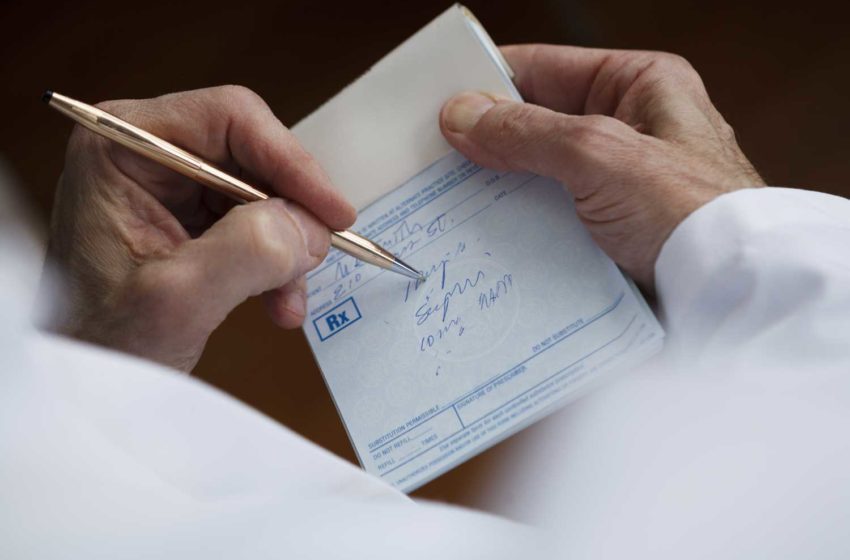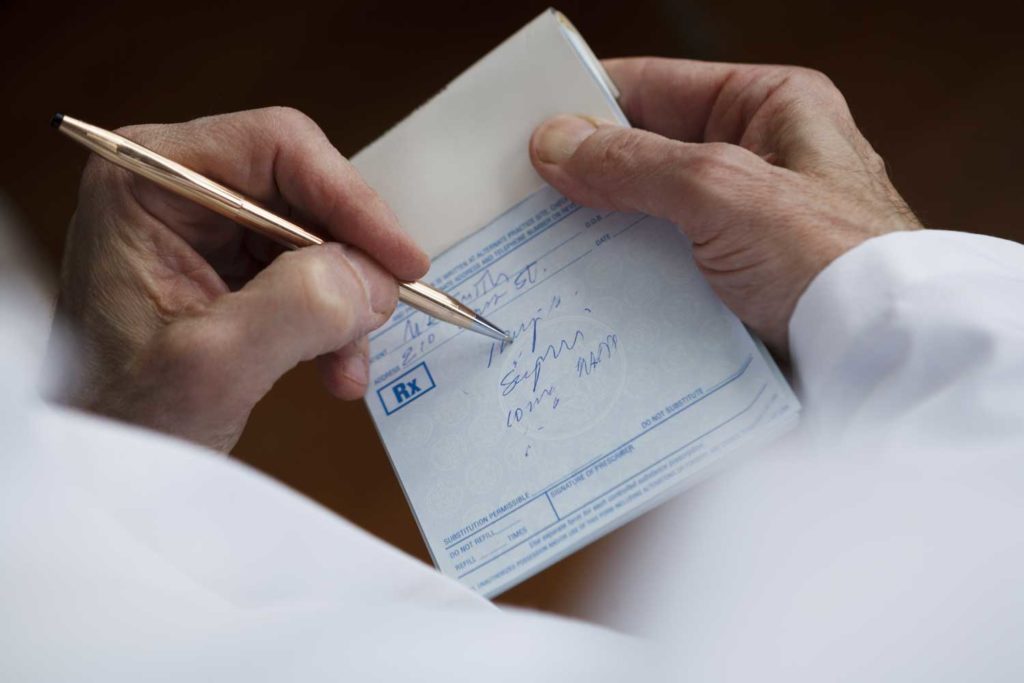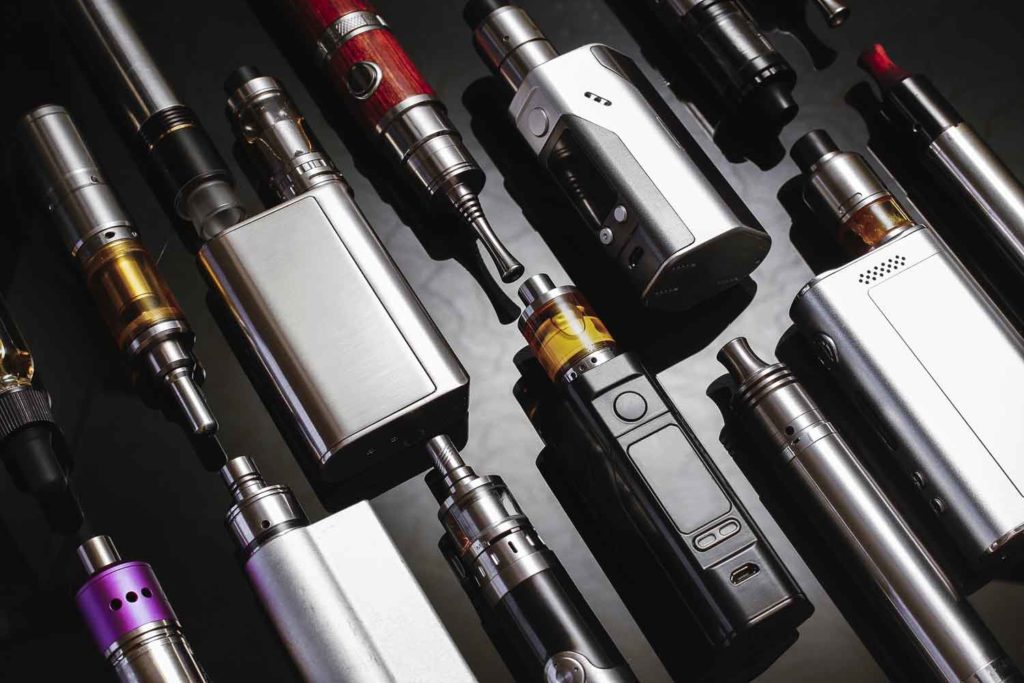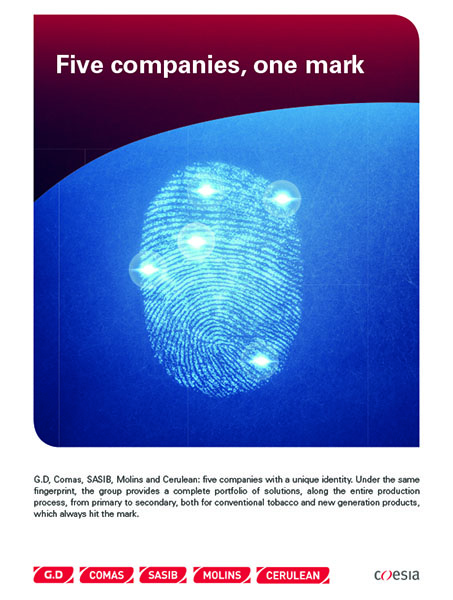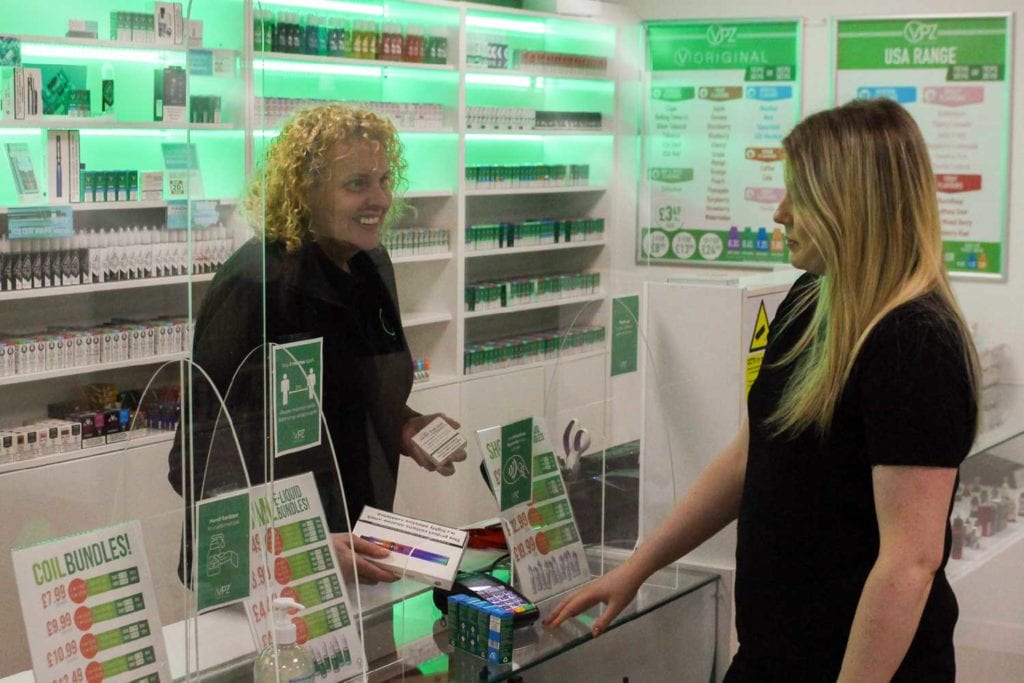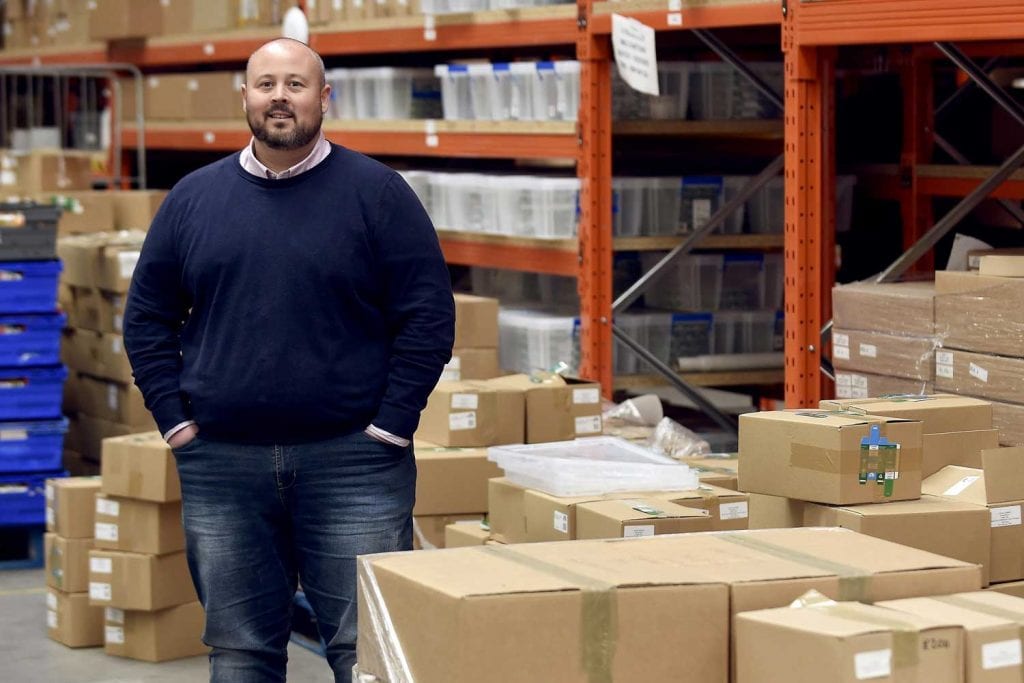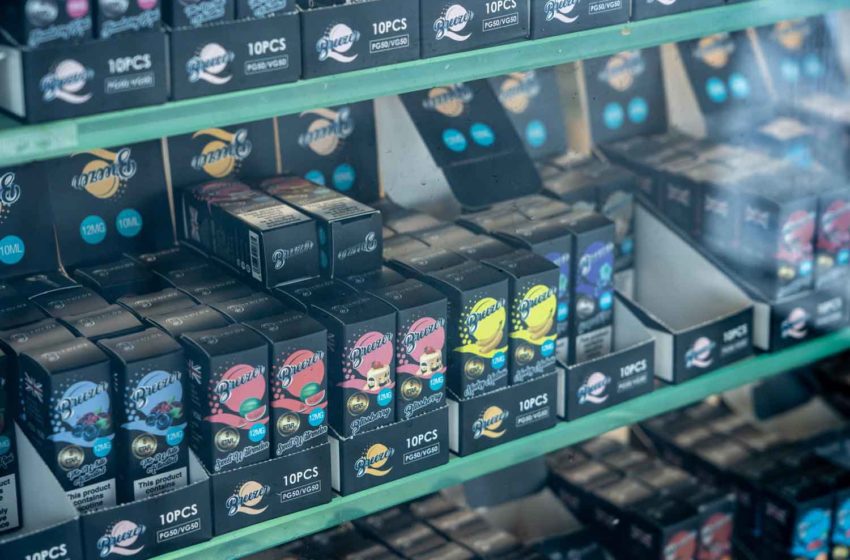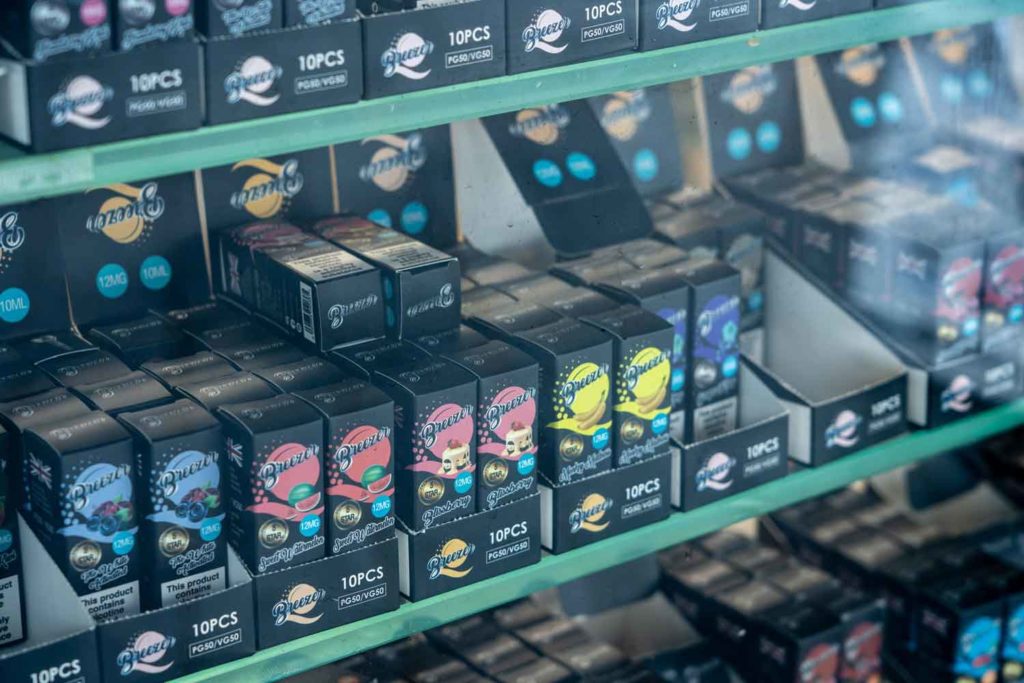
The U.K.’s Medicines and Healthcare Products Regulatory Agency’s (MHRA) recent update to its guidelines to make vapor devices available via medical prescriptions may favor the traditional tobacco industry, reports ECigIntelligence, citing experts.
According to Christopher Snowden of the Institute of Economic Affairs, it’s likely that only tobacco companies will succeed in gaining licensing for their products.
Robert West, professor of health psychology and director of tobacco studies at the University College London, stated that he is not confident “any e-cigarette manufacturer independent of the tobacco industry will have the resources to overcome these hurdles.”
“This could very easily lead to a situation where tobacco company e-cigarettes can be prescribed while others cannot,” West said.
“I am worried that the MHRA may have missed an opportunity here and has not made the process simple enough to generate more successful applications,” said Clive Bates, director of The Counterfactual. He expressed concern that the agency has made the licensing process too complicated by asking for information that is “either unnecessary or too difficult to produce cost effectively.”
Another concern is consistent dosing—many feel that in order to remain consistent with dosing, closed systems will be favored over open systems, where consumers can control the strength of nicotine.
“It would be essential for the MHRA to evaluate the device and liquid together. That favors sealed disposable units and pod-based systems,” said Bates.
Once a company submits a marketing authorization application, the standard timeline is 150 days plus any time needed by the company to answer questions that arise, according to the MHRA. The pathway has been available since 2013 but was “expensive and time-consuming.”


